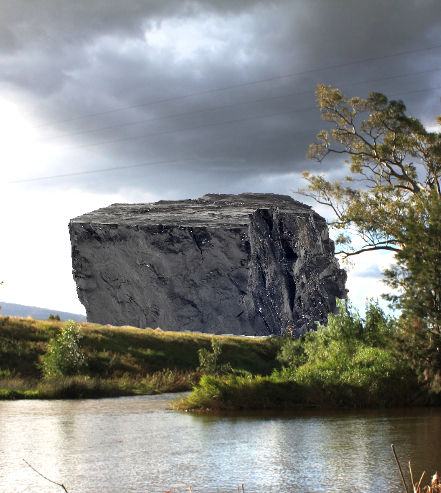QLD bill kills looming water rort
 The Queensland Government has tightened groundwater licence requirements for mines, without angering Adani.
The Queensland Government has tightened groundwater licence requirements for mines, without angering Adani.
The Palaszczuk Government had created concern among miners with its original water licence reform plans, but has now managed to push through legislation with slightly weakened provisions.
It means miners will be required to get a water licence to extract groundwater.
Labor put up the bill in response to laws by the former LNP government that scrapped the requirement for a licence.
The Queensland Resources Council (QRC) said the last-minute, left-field action could have held up planned projects.
Indian mining giant Adani – whose Carmichael coal project in central Queensland has been ‘fast-tracked’ – initially criticised the changes for giving green groups more opportunities to hold up projects in the courts.
Queensland Environment Minister Steven Miles moved an amendment to appease Adani, before several independent MPs sided with the Government to pass the Environmental Protection (Underground Water Management) and Other Legislation Amendment Bill 2016 and the amended Water Legislation Amendment Bill 2015.
The appeasement came in a stipulation allowing companies that have already undergone scrutiny through an environmental impact statement (EIS) and the Land Court to obtain a water licence but not go through the public objection process.
“This will be achieved by allowing associated water licence applications to be exempt from public notification if the mining project has already been through an EIS process and a Land Court objections hearing in which objectors tested the groundwater modelling undertaken by the project proponent with expert evidence of their own,” Mr Miles said.
“[The Carmichael project] has been through two very significant Land Court cases and so what we've said is if they can demonstrate that they have met the requirements of the water licence and all of those elements had been tested in previous Land Court hearings, then this water licence stage would not be appealable in the Land Court.
“It would still be subject to potential judicial review, but not a full Land Court challenge.”
Mr Miles said the bill would also allow disparate water users to form a united, transparent, streamlined and environmentally responsible approach to water rights and usage.
“For the community, the bill will ensure groundwater impacts are properly considered and can be scrutinised by the public and the courts,” he said.
“For the resources industry, there is a streamlined process that better integrates groundwater assessment into the environmental impact assessment process.
“For landholders, the bill not only provides a positive step forward for improved groundwater management, it also will assist landholders to better negotiate make good agreements with resource companies.”
Natural Resources Minister Anthony Lynham said the bill signalled a return to the principles of ecologically sustainable development.
He said it was needed to avoid the LNP’s weakened water development options coming into force, as well as to prevent the LNP's designated watercourses from allowing unregulated amounts of water to be taken from the environment.
But the LNP says the Palaszczuk Government was bending to the will of green groups.
Opponents are making a lot of the fact that the changes would help Adani but not the less-progressed Acland mine near Oakey, west of Brisbane.
“There is no material difference between these two projects and something is going on here that's not being explained properly, something's going on here that isn't being explained properly and the Minister ought to do so,” Opposition natural resources spokesman Andrew Cripps said.
LNP MP Trevor Watts, the member for Toowoomba North, told Parliament the laws would hurt the Acland Mine, which is in his electorate.
“Make no mistake the commencement of this bill will cost hundreds of jobs on the Darling Downs,” he said.
“They should be ashamed of themselves. Those families working the cafes, those kids going to the schools. The families spend their money at the retail stores.”








 Print
Print